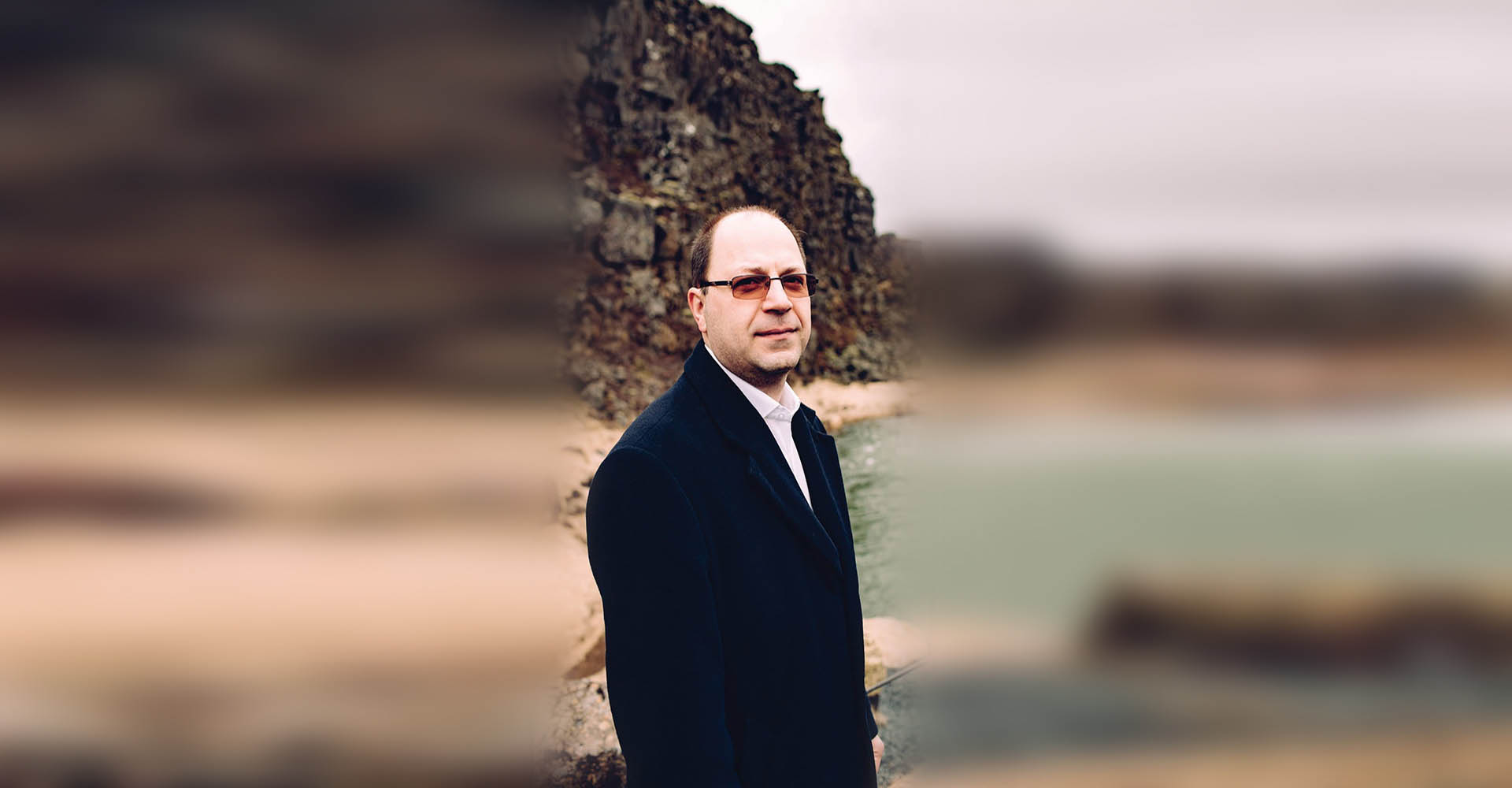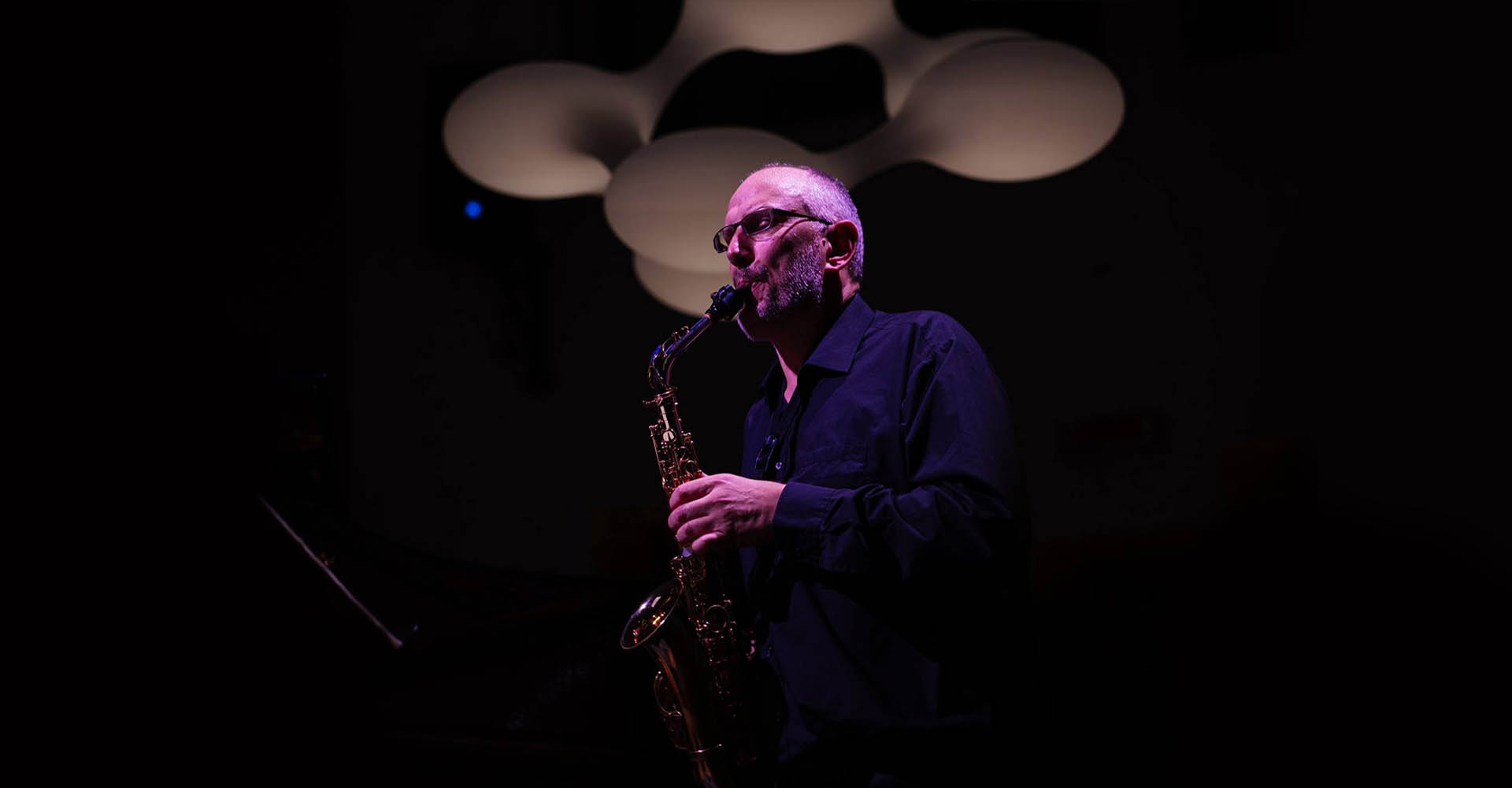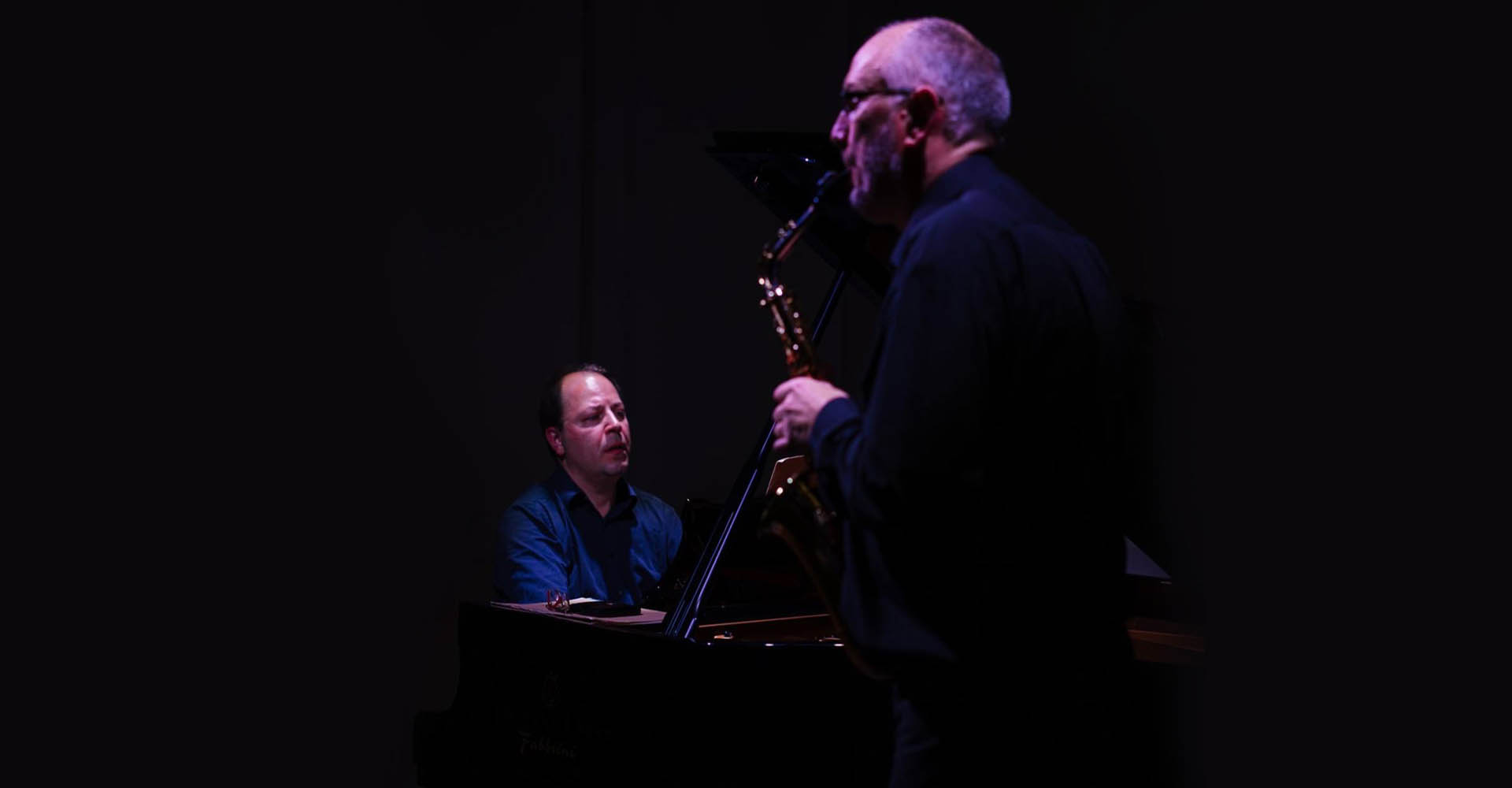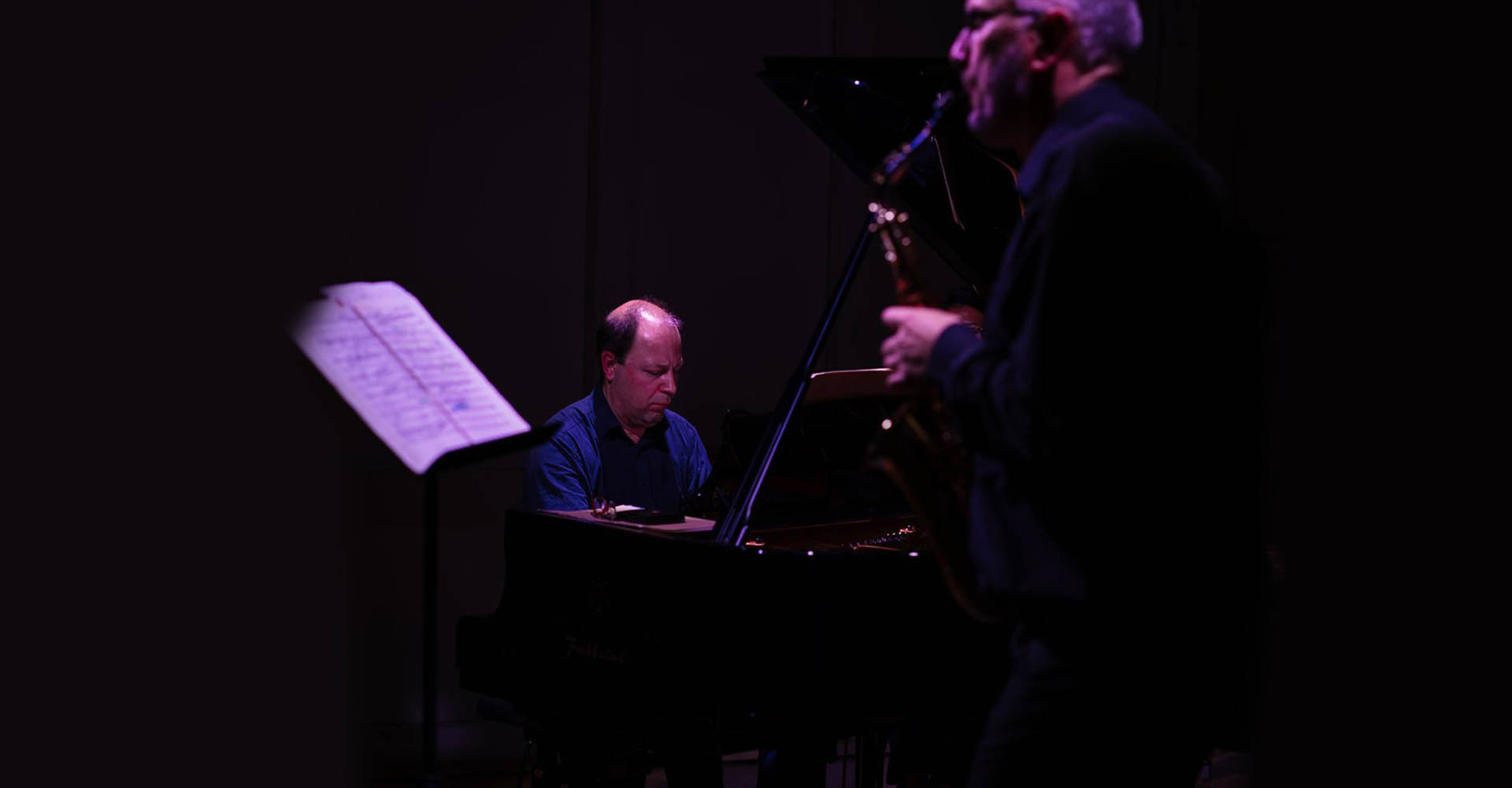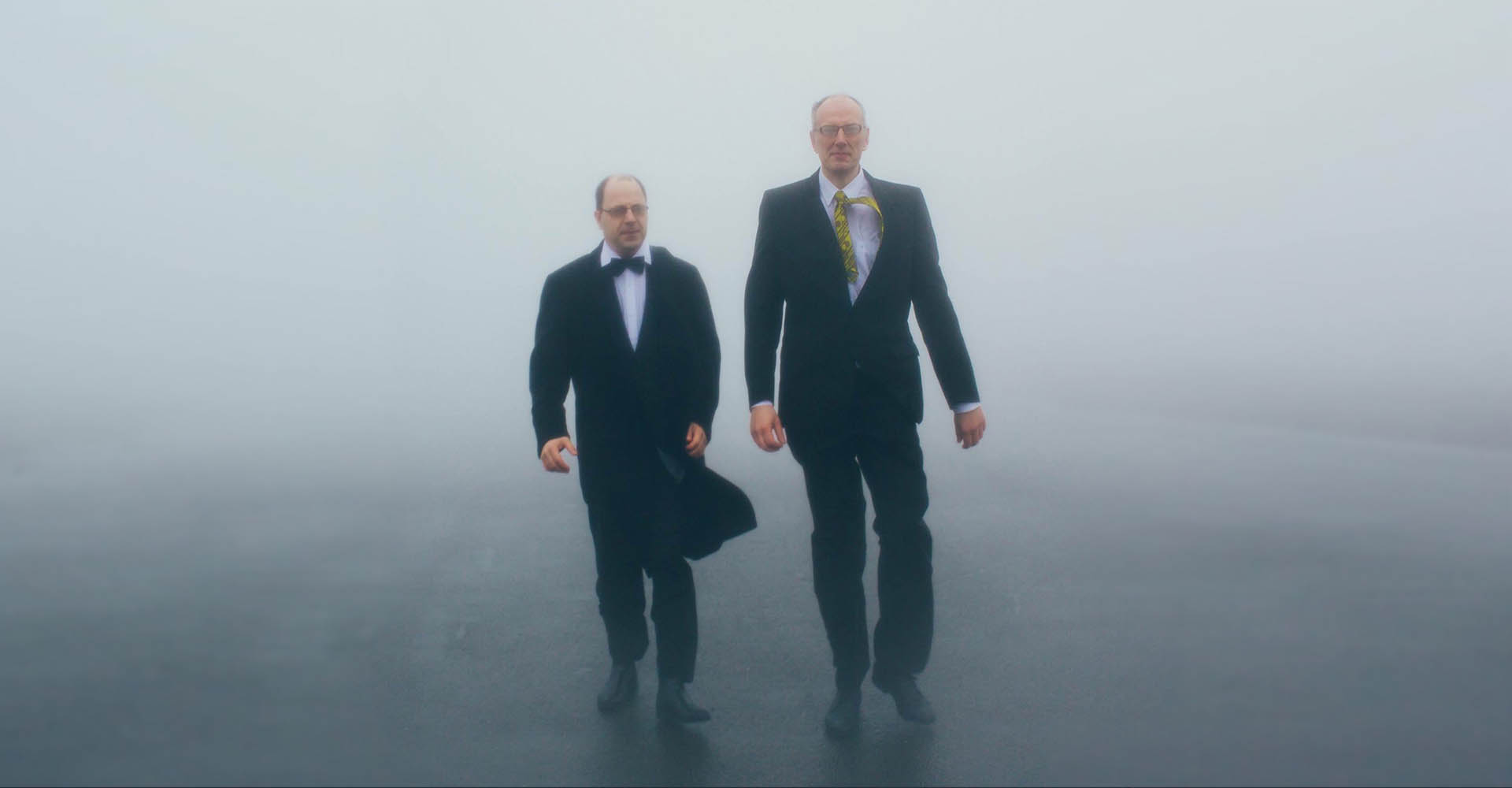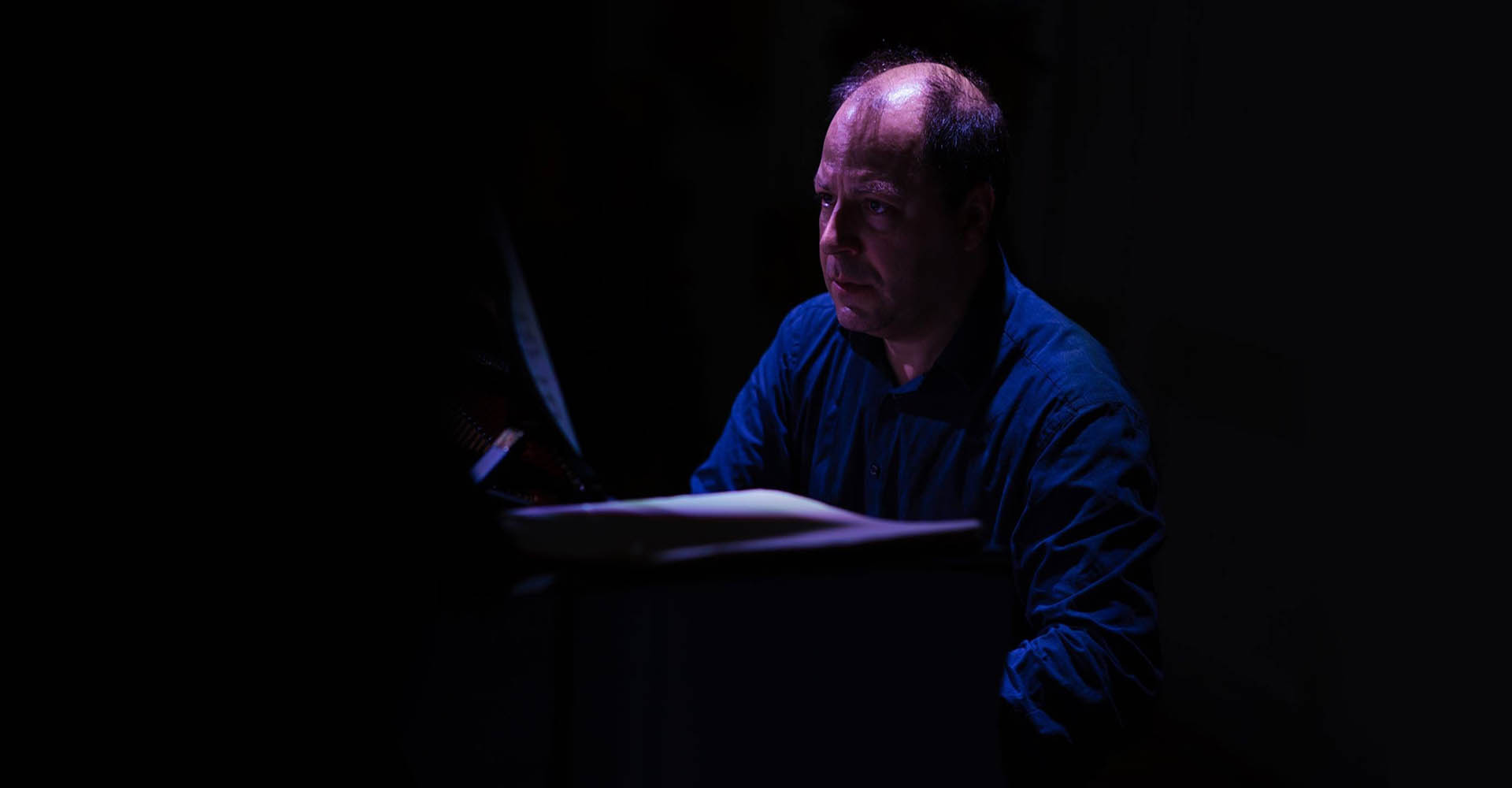Artistic Statement
Flashback/Looking back
The (lyrical) illustration of the music of Erwin Schulhoff, Paul Hindemith, Hans Gál, to Werner Heider and Edison Denisov, reflects our common European identity. By working on it, it brings us back in that time, precisely like a scent can do. Even though neither of us lived or experienced that era, we have a hint of the past in us. We are a small part of this history and cannot ignore it. Both of us live far away from our cultural heritage on an island in the middle the Atlantic Ocean, and that experience allows us to reflect on our original culture through a new direction. The listener will hear the Middle-European culture very clearly in the music, for example in the beginning of Paul Hindemith’s Sonate. Likewise, the text of the poem that is written in words in the music before his last movement underlines the mood for the whole CD.
(see the poem in enclosed booklet page: …..)
From the Poem The Posthorn (Dialogue) Author
Paul Hindemith:
“Your task, it is, amidst confusion, rush and noise
To grasp the lasting, calm, and meaningful
And finding it anew, to hold and treasure it.”
The nostalgic reflection and hope for the future in this poem gives me a feeling of stability in a world of many changes. The warm sound of the alto-saxophone expresses this feeling, and that sound has always enchanted and captured me. Without this sound I might not have chosen my profession with such profound conviction. In my life as a classical saxophonist I have always aimed for an even and a warm tone. My pianist, Aladár Rácz, introduced me to the works of Hans Gál, his fellow countryman, whose pieces he is very familiar with and has played for a long time. In Gál’s piece Suite op. 102, the soft, warm sound of the alto-saxophone can be fully experienced.
This CD contains saxophone music from Middle- and Eastern Europe composed between the years 1930-1970. The oldest piece, Hot-Sonate, is from the year 1930, around the time when the youngest composers on this CD were born – Edison Denisov in 1929 and Werner Heider in 1930. This collection reflects well Europe’s turbulent mood during the middle of the last century; one of a world war and civil and social rebellions. These historical events did not pass quietly past the composers – in fact, three of them, Hindemith, Gál and Schulhoff, were persecuted by the Nazis in and after 1933. Hindemith managed to escape to the USA and Gál to Britain, but Schulhoff did not survive.
Three of the works on this CD have a hint of jazz in them, highlighting the influence jazz had on the composer. As suggested by their titles, these are the works of Schulhoffs (Hot-Sonate) and Werner Heiders (Sonata in Jazz). Likewise, jazz can be noted in Denisov’s Sonata, for example the walking bass line, that sounds like a plucked bass, and in the piano’s bass notes in the 3rd movement.
I hope you will enjoy listening to the works of these great composers as much as Aladár and I enjoyed playing them.
Guido Bäumer




